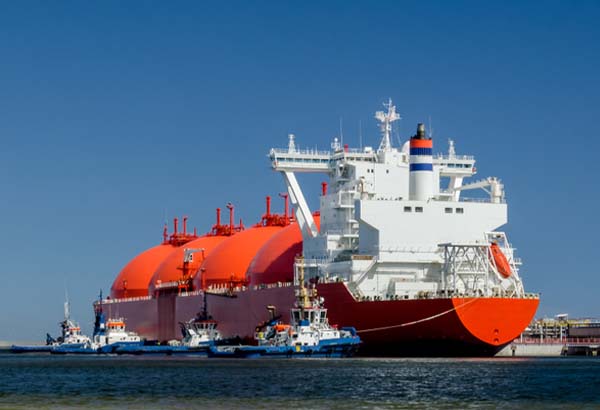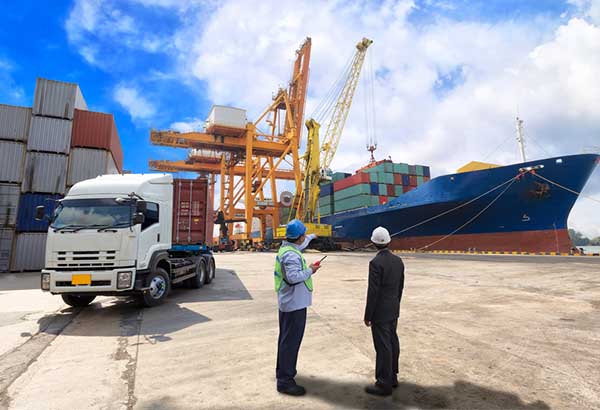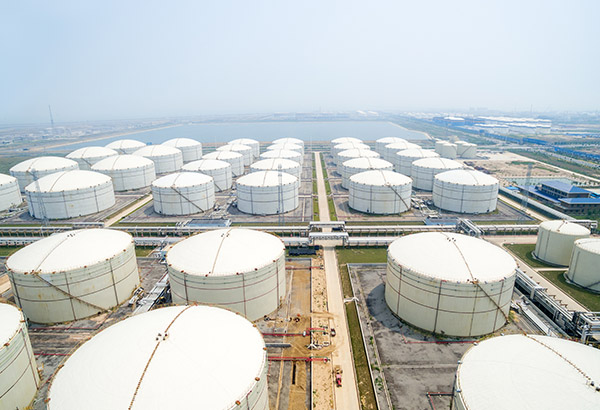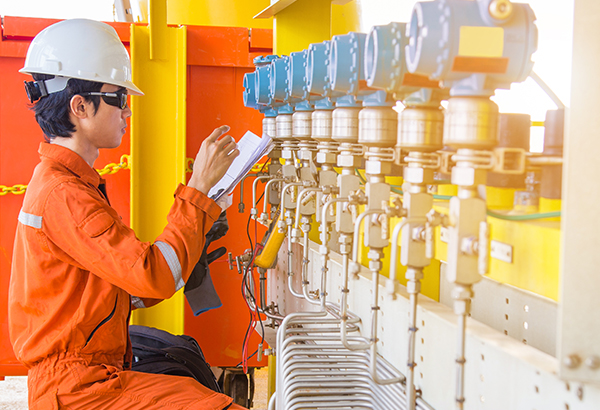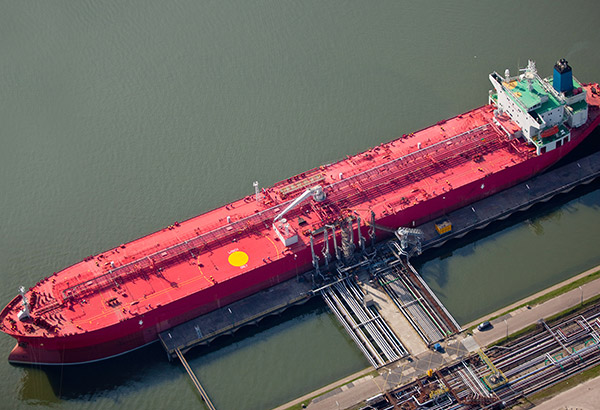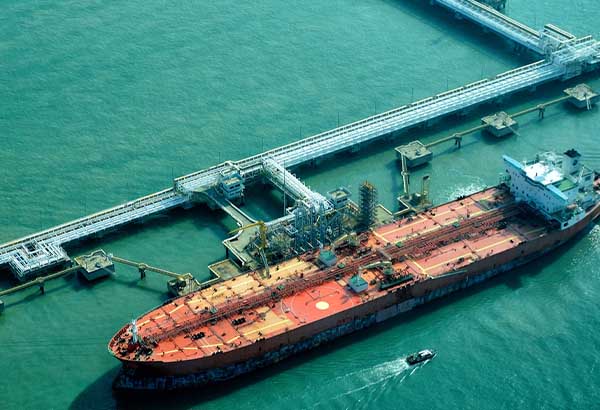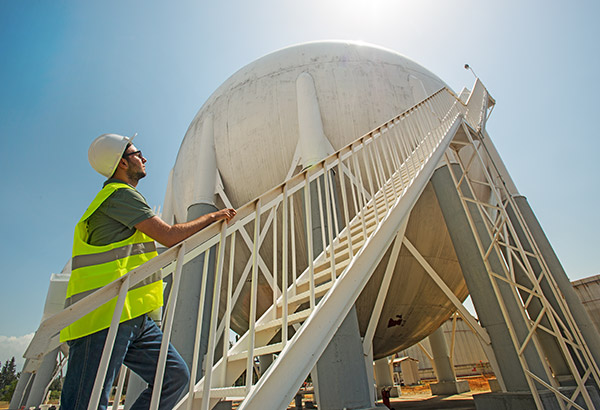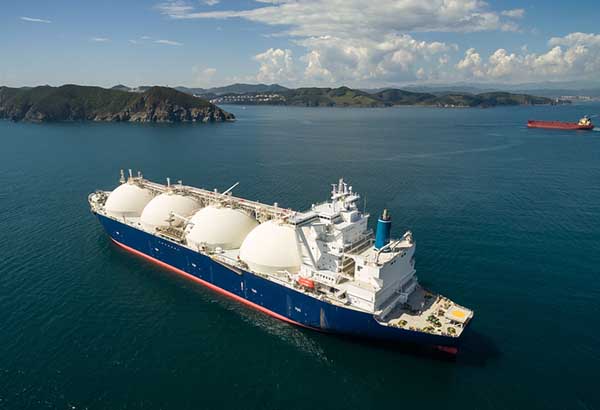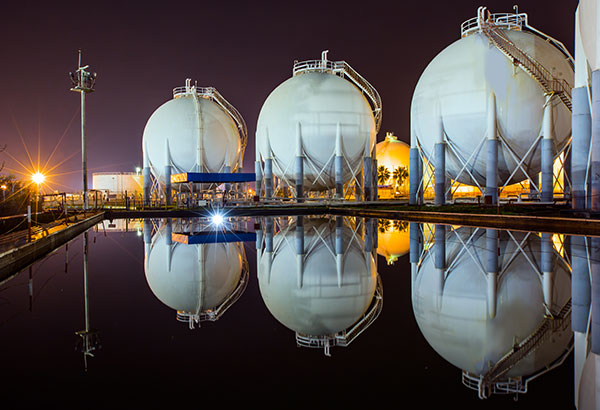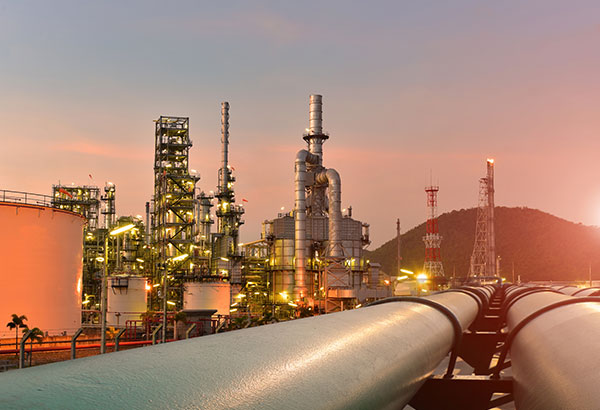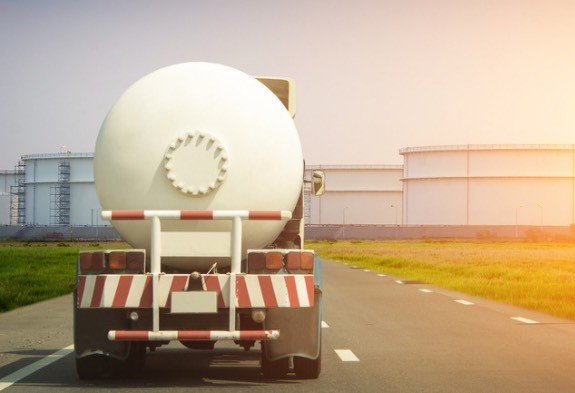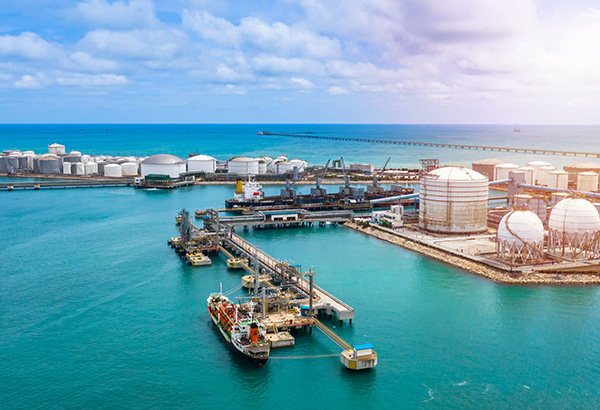
Tanks and Terminals Training Courses
Develop core competencies in storage facility operations, integrity management, and
terminal logistics through industry-focused training
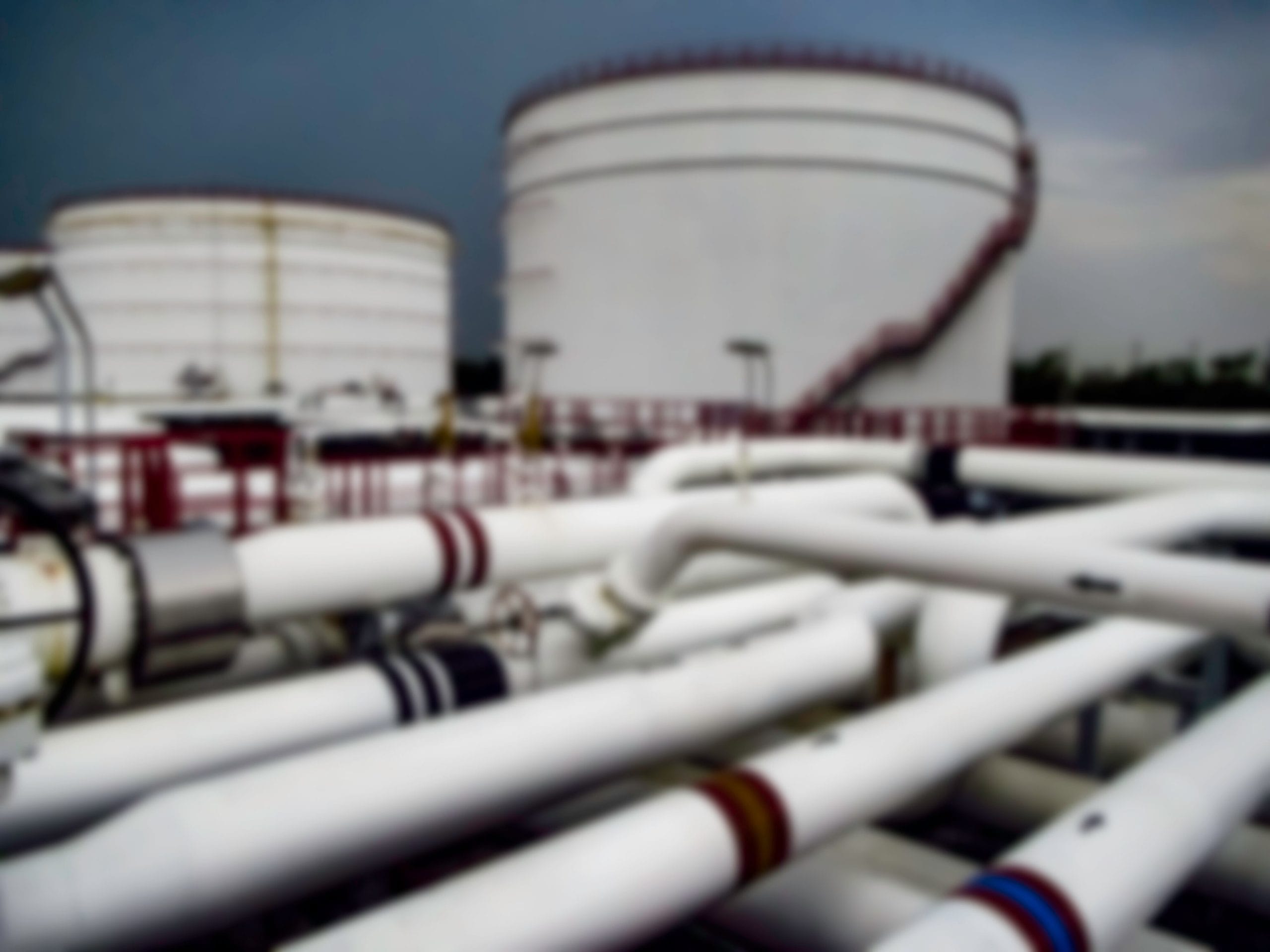
API 620/650/651: Design, Fabrication, Erection, and Inspection of Welded and Large Low-Pressure Welded Storage Tanks and Their Cathodic Protection




API 620/650/651: Design, Fabrication, Erection, and Inspection of Welded and Large Low-Pressure Welded Storage Tanks and Their Cathodic Protection
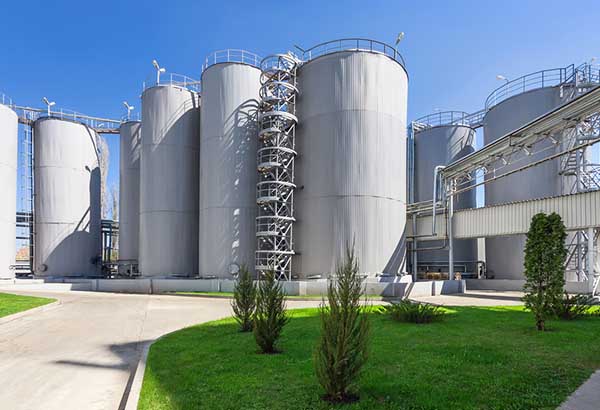



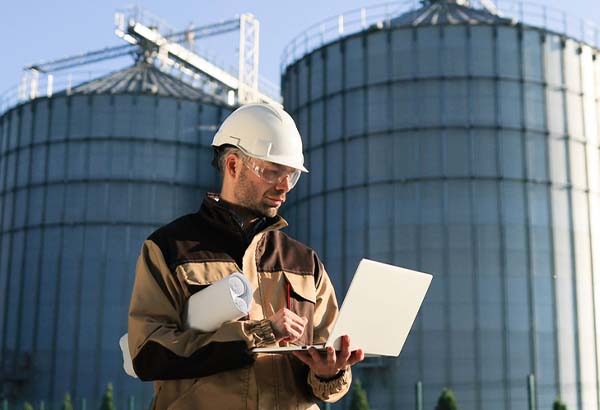


API 653 : Tank Inspection, Repair Alteration and Reconstruction (API Exam Preparation Training)
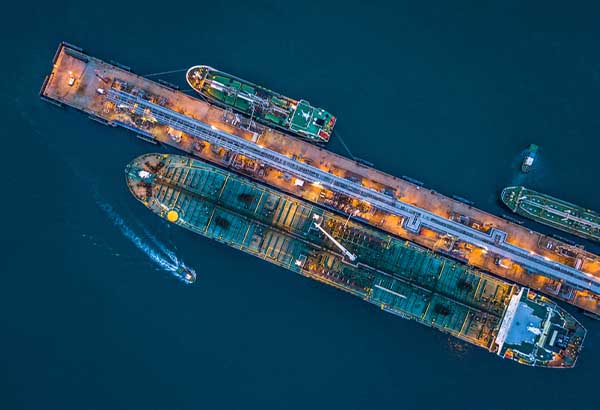



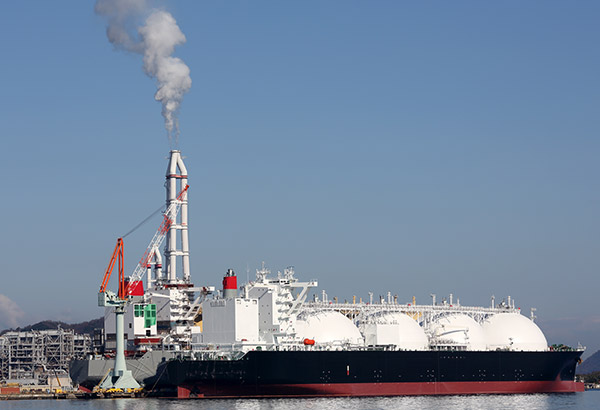





ISGOTT & SIGTTO Requirements related to Tanker and Oil & Gas Terminal Operations and Safety













API 653 : Tank Inspection, Repair Alteration and Reconstruction (API Exam Preparation Training)
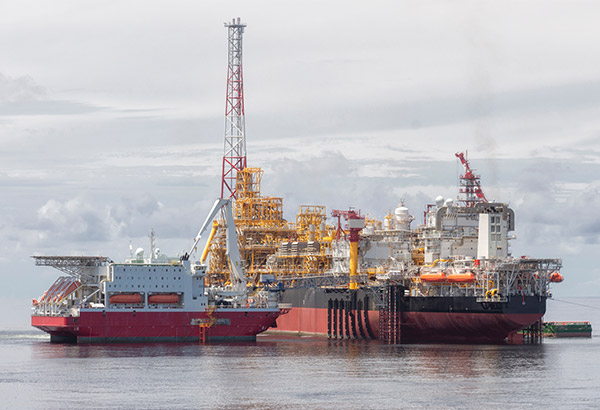

FPSO Operation & Maintenance (Floating Production Storage and Offloading)


Handling and Stowage of Hazardous Materials at Oil & Gas Terminals & On-Board Oil & Gas Carriers










API 620/650/651: Design, Fabrication, Erection, and Inspection of Welded and Large Low-Pressure Welded Storage Tanks and Their Cathodic Protection




Tanks and Terminals Training Courses
Tanks and Terminals Training Courses are essential for professionals involved in the design, operation, inspection, and maintenance of bulk storage facilities and terminal infrastructure. These short Tanks and Terminals Training Courses provide the technical knowledge and operational skills needed to manage aboveground storage tanks, terminal logistics, and safety systems effectively. Ideal for facility managers, operations engineers, HSE officers, and technical personnel, the best Tanks and Terminals Training Courses focus on ensuring compliance with international codes, improving efficiency, and mitigating risk in hydrocarbon storage and transfer operations. Tanks & Terminals Training Courses equip professionals in the oil and gas industry with the tools and strategies to operate terminals safely, manage tank integrity, and enhance throughput reliability. With global energy demands and regulatory pressures increasing, these courses are critical to maintaining safe and sustainable storage operations.
Storage tanks and terminal facilities play a central role in the energy supply chain, making precision in operations and maintenance essential. These short training courses cover key areas such as tank design standards, inspection procedures, loss prevention, and emergency response planning. Participants also gain valuable insights into automation systems, loading/unloading operations, and inventory control strategies to reduce downtime and maximize operational readiness. Whether your focus is on crude oil storage, refined product handling, or chemical terminals, Tanks and Terminals Training Courses provide a practical and comprehensive learning experience. Professionals across the petroleum industry, shipping terminals, and logistics infrastructure benefit from enhanced awareness of safety protocols, environmental regulations, and operational best practices.
Elevate your operational capabilities and safety culture with PetroKnowledge’s Tanks and Terminals Training Courses. Each course is thoughtfully developed by industry experts to address real-world challenges in storage facility management and terminal logistics. Whether you manage tank farm operations, oversee inspection programs, or coordinate terminal throughput, our training courses offer the essential technical foundation and strategic understanding needed to lead confidently. Choose PetroKnowledge to support your continuous development in tank and terminal operations—where efficiency, integrity, and safety converge.
Tanks and Terminals Training Courses are also available in the following cities:
- Tanks and Terminals training courses in London
- Tanks and Terminals training courses in Dubai
- Tanks and Terminals training courses in Abu Dhabi
- Tanks and Terminals training courses in Accra
- Tanks and Terminals training courses in Cairo
- Tanks and Terminals training courses in Doha
- Tanks and Terminals training courses in Houston TX
- Tanks and Terminals training courses in Kigali
- Tanks and Terminals training courses in Kuala Lumpur
- Tanks and Terminals training courses in Lisbon
- Tanks and Terminals training courses in Singapore
